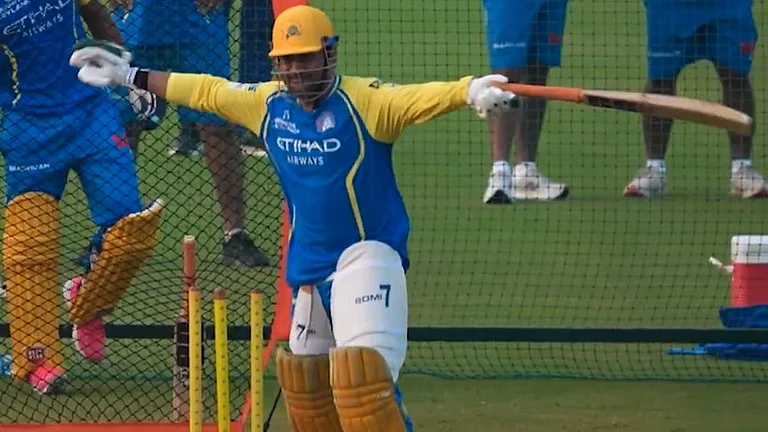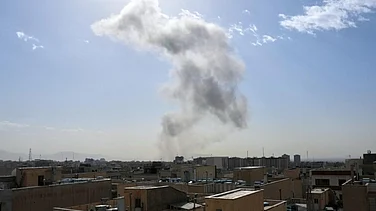A group of hackers associated with the group Anonymous broke into a website of the Russian Space Research Institute (IKI) and claimed to have leaked internal data on the internet. IKI designs and builds equipment for the Russian space program.
The claim was made following reports that the Ukraine’s government had appealed to the country’s hacker community to shore up the country's cyber-defences against possible Russian cyber-offensives and to also hit Russia in the digital domain.
The group, which calls itself “v0g3lsec” on Twitter, left derogatory messages on one of the domains of IKI’s website.
One message read, “Heyyy Russian [homophobic slur].. Sorry.. Cosmonauts ??.. idk what to say, go get a nice website instead of threatening people with ISS, heard??”
“Also leave Ukraine alone else Anonymous will f**k you up even more :)),” read another message.
The content that the group leaked online allegedly belonged to the Russian space agency Roscosmos and discussed the country’s moon program. The content was a mixture of handwritten notes, PDFs, and spreadsheets in both Russian and English and discussed potential landing sites for spacecraft on the Moon's South Pole among other things, according to VICE.
This claim has been made in the midst of reports that an “IT Army” has come up in Ukraine at the initiative of the country’s Vice Prime Minister Mykhailo Fedorov, who is also the country’s minister for digital affairs. According to cyber-security firm Sekoia’s Livia Tibirna, up to 2,60,000 volunteers have joined this “IT Army”.
Despite the enthusiasm of contributing to the national war effort, the impact of such hacking activity is believed to be limited as the Russians had already predicted such moves. Several Russian websites had been “geo-fenced” by the time these cyber-offensives began, which means that websites were unavailable for anyone outside Russia.
Amit Serper of cyber-security firm Akamai told BuzzFeed News, “I assume the Russians realised that pretty much whatever they are trying to do to everyone else, the same thing can be done to them.”


























